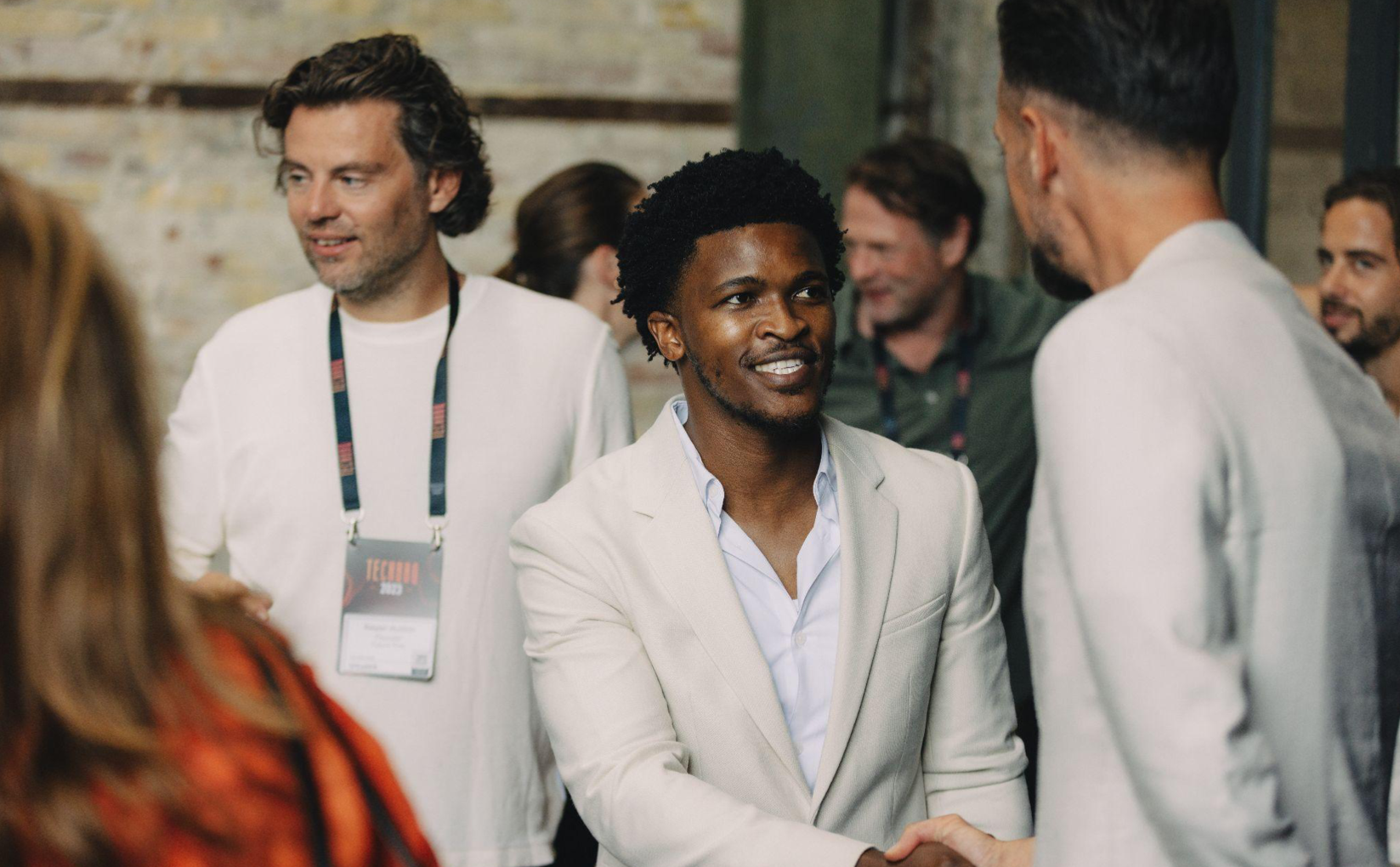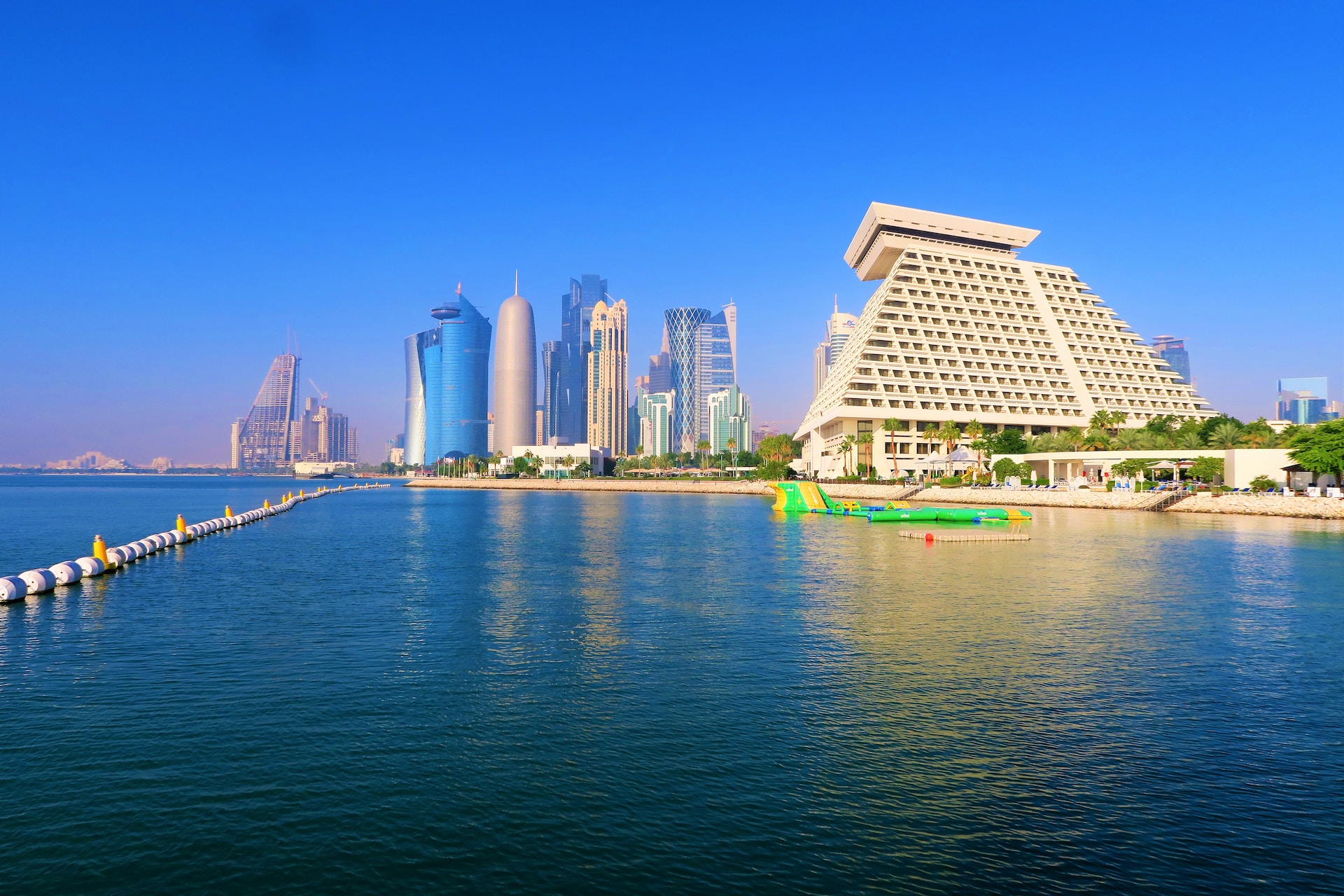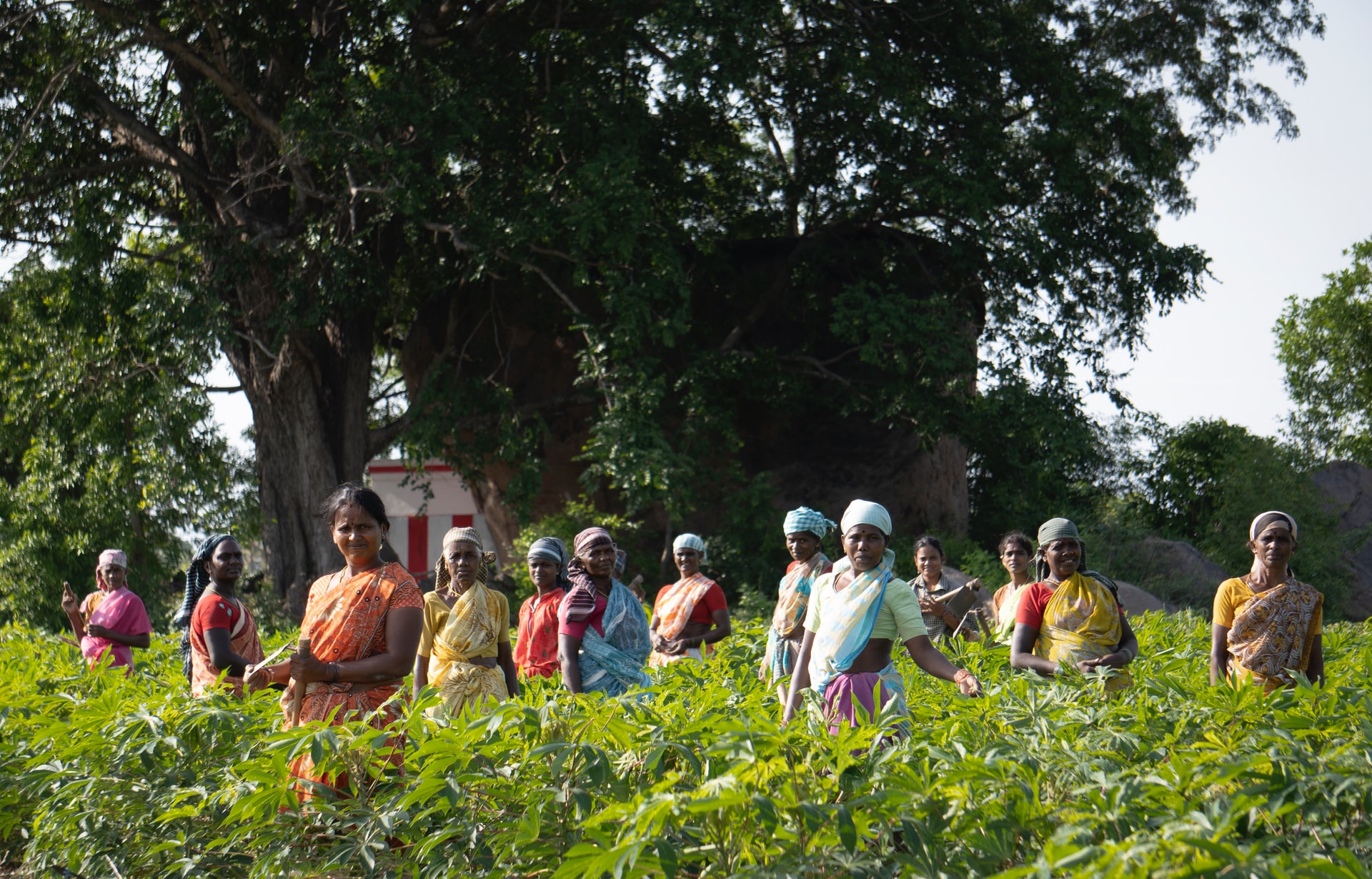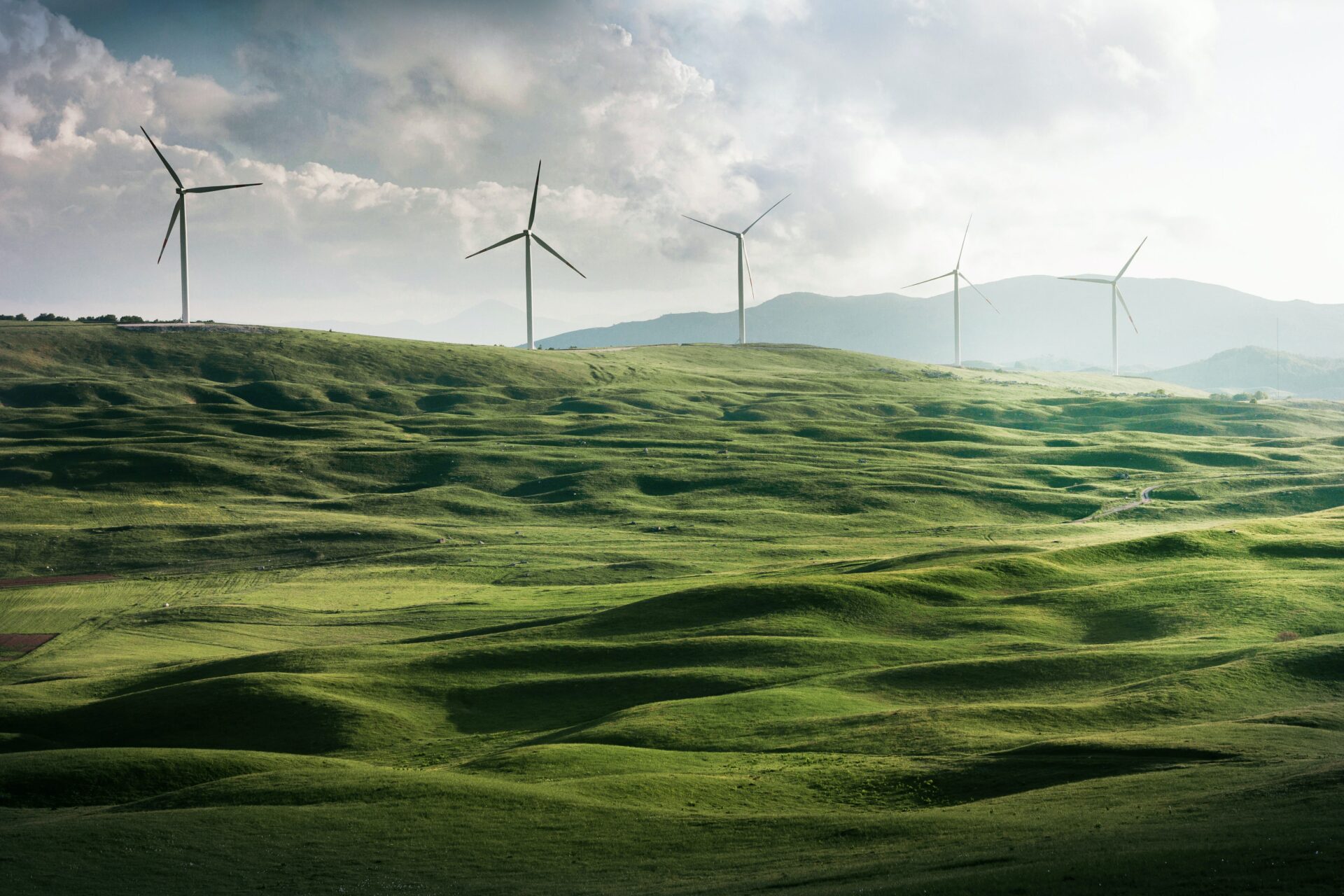Tides of change blowing towards our shores – Dr. Siyabulela Mandela
A significant day in history for human rights and equality
Today, the 19th of September is the 67th anniversary of the first International Congress of African/Black Writers and Artists which was held in Paris in the year 1956. That same year in apartheid South Africa, Nelson Mandela was arrested in a raid after being accused of treason along with 155 others.
Dr. Siyabulela Mandela, Nelson Mandela’s great-grandson travelling to Denmark for the first time appeared on a panel discussion on the Role of the Media and Technology in Advancing Human Rights and Peace in Conflict Zones at TechBBQ 2023. He works as an independent consultant for Journalists for Human Rights (JHR), which is Canada’s largest media development organization, based in Toronto
Before making his appearance on stage, he very kindly agreed to sit down with me for a quick interview at the media lounge. Here is what happened:
You just returned from attending the 32nd economic forum in Poland. What was the experience like?
Dr. Siyabulela: First and foremost the economic forum is a critical platform to deliberate how to steer our countries towards an economic development trajectory. I owe gratitude to the organizers of the economic forum because they took a deliberate stance to open up their space to diverse voices from all around the world.
The economic forum from its inception has been about uplifting voices in Eastern Europe, but, this time, the African Union was represented by several delegates including me. There were healthy discussions about how we can facilitate more trade between the countries. It was not all about trade and economics though. There were also talks about how our cultures differ and where our cultures marry.
Often we focus our energies on how different we are from each other. So, looking beyond those differences to see how alliances can be forged was a very exciting experience for me and I have been invited to come back to attend the 33rd Economic Forum.
G20 countries generate a large part of global GDP. Almost 80% of the world’s GDP. How does the African Union joining the G20 affect the continent’s future?
Dr. Siyabulela: The history of the modern world is often portrayed as the battle for domination between the two superpowers, the U.S. and the former Soviet Union. Since the fall of the Eastern Bloc, we have witnessed the dominance of the U.S. and the U.K. in a unipolar world.
Now we are beginning to see the tides of change blowing towards our shores. The countries which were dependent solely on relationships with the superpowers are now beginning to say let’s unite and join forces and make our own bloc.
At the moment we are governed by the U.S. dollar and that disadvantages people in developing countries because of tariffs. I might afford to live in my country in Africa but when I travel to the U.S. I am at a disadvantage because I do not have the same buying power. Now imagine the same scenario with trade between nation-states.
With the inclusion of the African Union into the G20, we can now accelerate the process of empowering each other. We have similar challenges to resolve, poverty in Africa is the same as poverty in India, China or Brazil for example. Having a united front will break the dependency on the IMF and the World Bank. The structural adjustments enforced by these organisations in return for loans do not benefit our people in Africa.
In my view, it is one of the most progressive decisions our leaders have taken to say let’s bring Africa to the G20 as well as strengthen the BRICS alliances for the benefit of our people.
What role do dissenters play in advancing human rights in today’s changing world?
Dr. Siyabulela: With the rise in the use of social media platforms and the emergence of what has become known as citizenship journalism, we have seen a rise in mis- and disinformation. This may become very problematic if not addressed because it threatens and erodes trust within communities and the media because citizen journalism operates outside the prisms and ethics of journalism.
The media is viewed as society’s spokesperson, and a lack of confidence between the third estate and ordinary citizens undermines democracy as a whole. When the media is empowered by the community it checks and balances not only the leaders in government but also in business.
One of the greatest dangers is when a society is misinformed because it cannot hold its leaders accountable. This makes it easy for the elites in business and government to mislead and misgovern the masses. The attacks, abuses, and threats hurled at journalists on social media platforms by media nomads who hide behind fake accounts make it very difficult to establish accountability.
Our freedom and our democracy are reliant on a robust and objective media. The democratic principles that we hold so dear are otherwise threatened. We saw what happened in the U.S. under the Trump regime where the media spread fake news unchallenged and the dissenting voices were silenced.
We need to learn the right lessons and strengthen the dissenting voices in our media spaces to ensure our society is informed and the actions we take uplift liberty, freedom and human rights in our communities.
The legacy of his great-grandfather
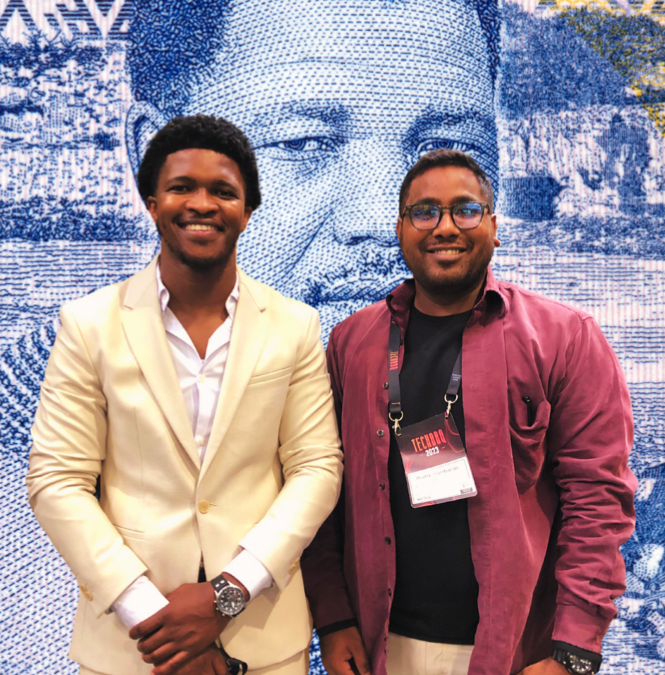
The legacy of the Mandela name lives on in countless institutions, communities and individuals who are uplifting the cause of equality for all. In a paper titled, The Mandela that I Know, Siyabulela details a tribute to his great-grandfather:
“I write this exposition on Mandela’s legacy (The Mandela I know) as a tribute to my great-grandfather Nelson Rholihlahla Mandela as a descendent of King Ngubengcuka of the Thembu Kingdom, also as a descendent of The House of Mandela and a son to the
late Nosipho and Boy Mandela. I pledge my allegiance to my ancestors; Madiba, Sophitsho, Yem-Yem, Gqolomsila, Dlomo, Zondwa[3] and the House of Mandela to whom I draw inspiration, protection and wisdom and I stand on the shoulders of my ancestors.”
Featured photo: Dr. Siyabulela Mandela is welcomed on Day 1 of TechBBQ 2023. Siyabulela is an Independent Consultant on human rights, media development, and conflict resolution. He is contracted to Journalists for Human Rights (JHR) and the Thomson Reuters Foundation.
Pic Courtesy – TechBBQ official
